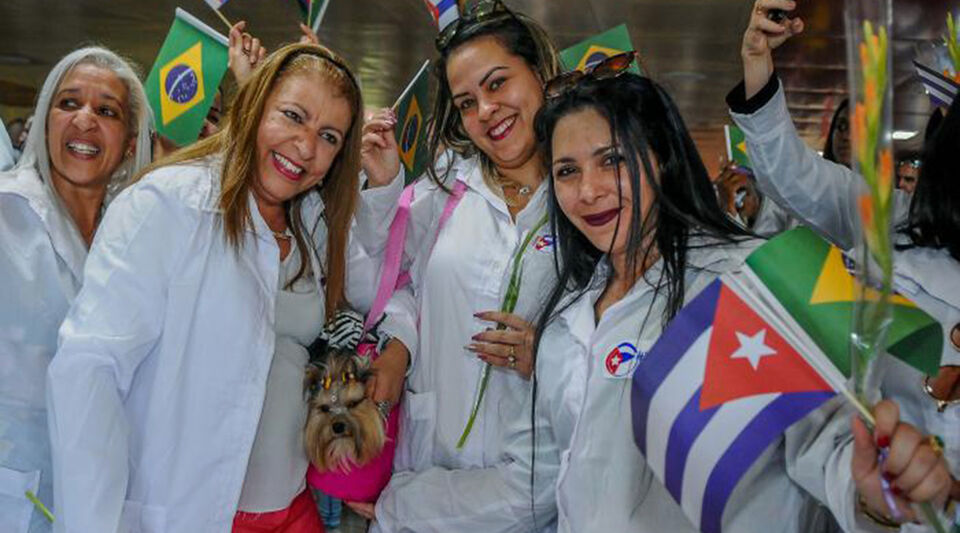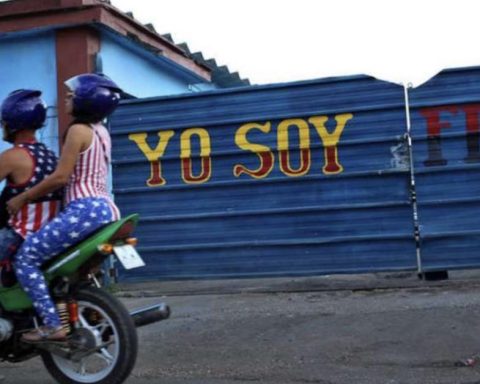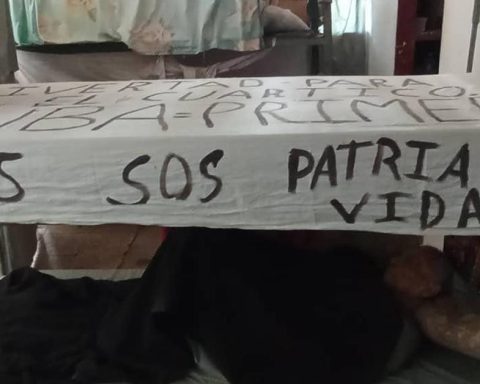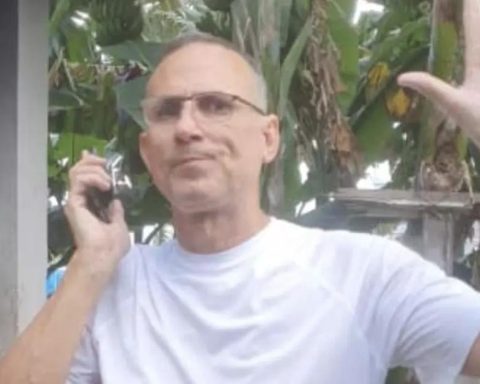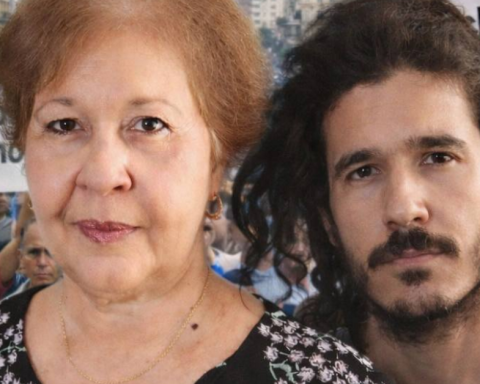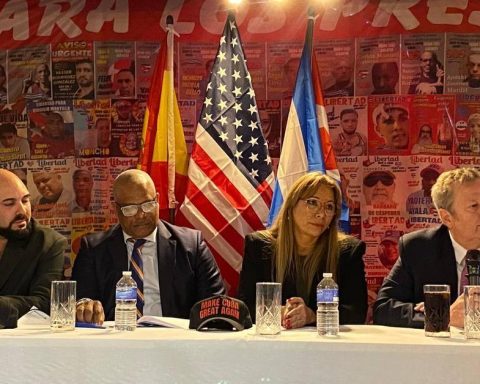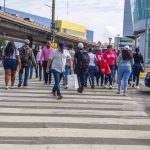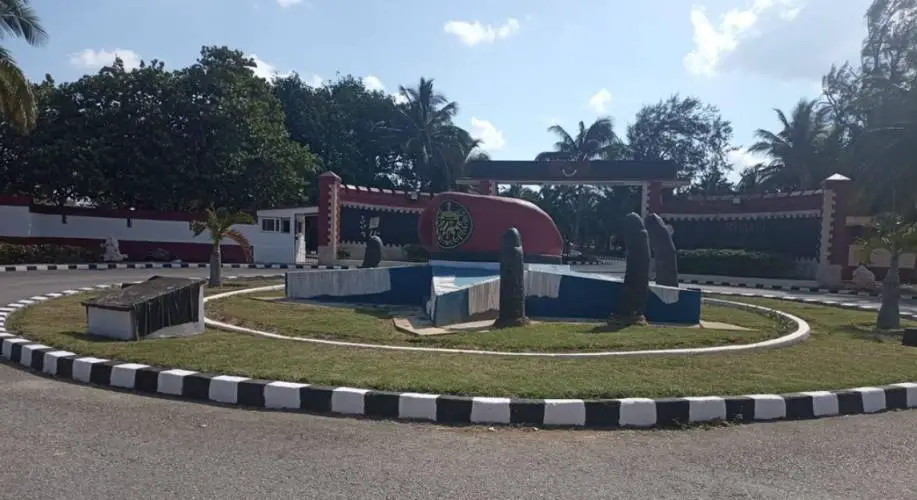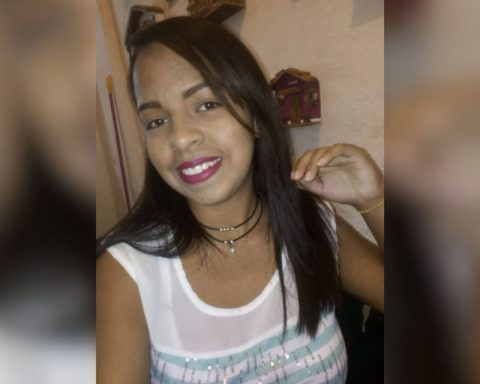The Federal Court of Brazil authorized the reinstatement of 1,789 Cuban health workers from the controversial Mais Medicos program, which was canceled in 2018 by then-President Jair Bolsonaro, considering it a way of injecting money into the island’s regime in exchange for doctors who, on occasions, they lacked specialty.
Rafael Matos Medina, with professional studies at the Medical University of Camagüey and currently residing in Espírito Santo (Brazil), told the local media Daily Seculum that the judicial resolution was given 11 months after the group appealed to the Federal Court of Brasilia, arguing that their contract was not renewed during the Doctors for Brazil program, created during the Bolsonaro government and that replaced Mais Medicos.
Represented by the National Association of Medical Professionals Graduated from Foreign Institutions and Exchange Students (Aspromed), the toilets were informed last Friday that they were favored by the ruling of Judge Carlos Augusto Pires Brandão.
GOOD NEWS! Federal Justice determines rehiring of Cubans from ‘Mais Médicos’. Decision of TRF1 determines immediate rehiring of 1,789 doctors for the 20th round of the program, which starts in 2018.
— Helder Salomão (@heldersalomao) January 28, 2023
“The bankruptcy of the legitimate expectations of these doctors, who, for the most part, have already formed families on Brazilian soil, is evident,” said Pires Brandão. “They reprogrammed their lives in accordance with the expectations formed from these contracts, and it seems fair to recognize that they now intend to remain in Brazil,” the judge concluded.
Although it is not specified, these physicians are part of the 2,000 Cubans who decided not to return to the island after the cancellation of the program created in 2013 by then-president Dilma Rousseff with the aim of attracting professionals to rural areas, which suffered from a lack of assistance. medical.
In the first week of January, Brazil announced its intention to resume Mais Medicos, without confirming the participation of Cuba. The Secretary of Primary Care of the Ministry of Health, Nésio Fernandes, reiterated on January 26 that priority will be given to Brazilian professionals.
According to the new scheme, the first stage would be the hiring of doctors registered in Brazil or foreigners with an approved revalidation exam. In the second stage, for Brazilians trained abroad without revalidation. The third stage, if there is a quota, with foreigners without the Revalidation, which is the validation exam for degrees issued by a foreign higher education institution.
In 2018, the National Office of Statistics and Information revealed that with Mais Medicos the Island Government pocketed 6.4 billion dollars for the sale of health services
The redesign of Mais Medicos promoted by the Government of Lula da Silva does not finish convincing the doctors. The president of the Federal Council of Medicine, José Hiran Gallo, warned that there would be “first-line assistance in large capitals and second-line assistance in small towns in the interior or on the periphery of large centers, where there may be people without recognized training.” published the diary State of Mines.
In 2018, the National Office of Statistics and Information revealed that with Mais Medicos the Government of the Island pocketed 6,400 million dollars for the sale of health services. Cuba kept 75% of the $3,300 monthly salary of the professionals, a common practice that has been described by different international organizations as a form of modern slavery.
In the five years that the program lasted, Cuban health workers occupied 18,240 positions, which attended 113.3 million Brazilian patients, according to official data.
________________________
Collaborate with our work:
The team of 14ymedio He is committed to doing serious journalism that reflects the reality of deep Cuba. Thank you for accompanying us on this long road. We invite you to continue supporting us, but this time becoming a member of our newspaper. Together we can continue transforming journalism in Cuba.
